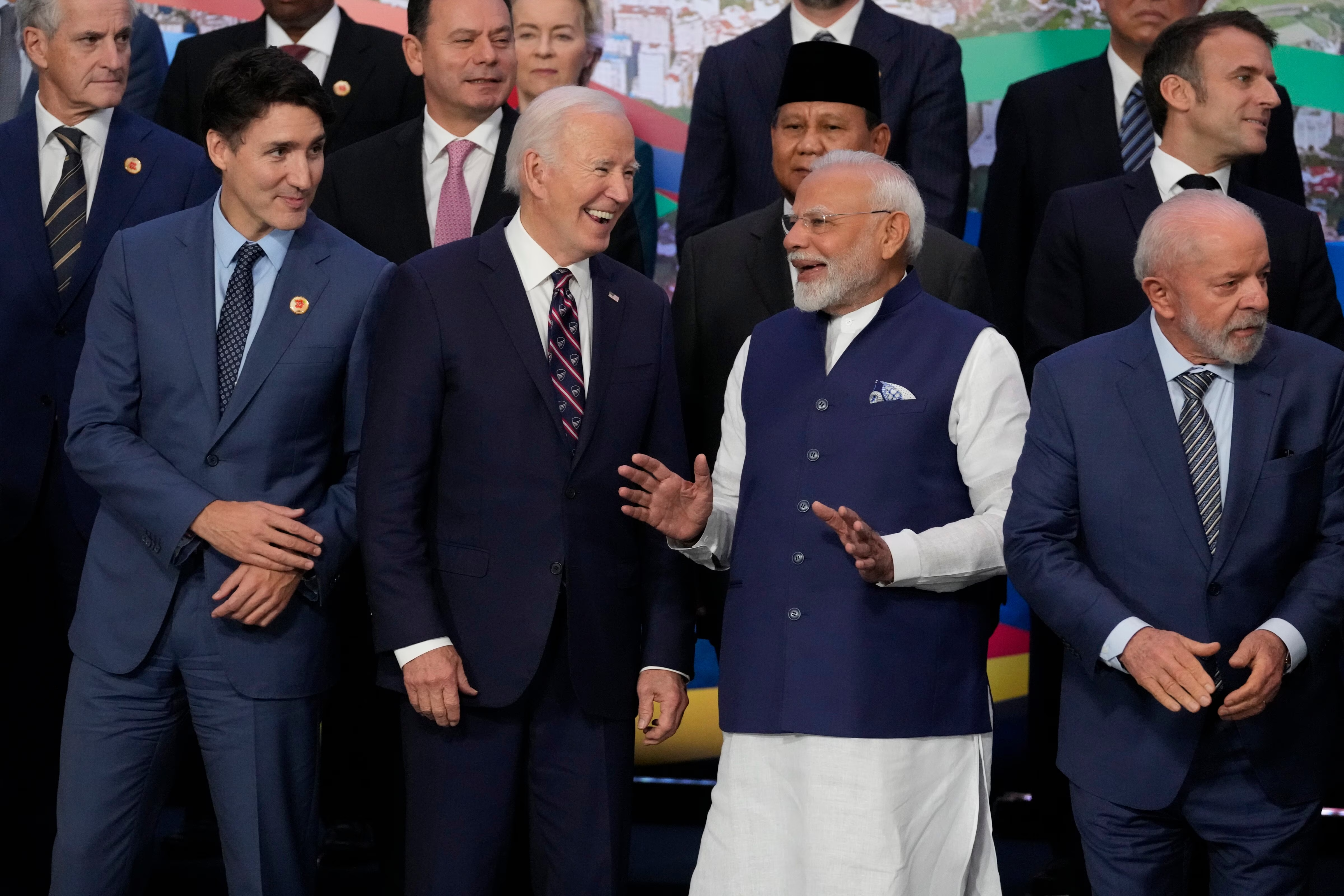Canada Links Indian PM Narendra Modi to Plot in Sikh Leader’s Assassination
In a dramatic turn of events, Canadian media has now implicated Indian Prime Minister Narendra Modi in the conspiracy surrounding the assassination of Sikh leader Hardeep Singh Nijjar. According to The Globe and Mail, citing government sources, Modi was allegedly informed about the plot in advance. However, Canadian intelligence has clarified that there is no direct evidence linking Modi to the conspiracy.
Canada Links Indian PM Narendra Modi to Plot in Sikh Leader’s Assassination
India has dismissed the allegations as “absurd.” Foreign Ministry spokesperson Arindam Bagchi stated, “Such baseless remarks should be outright rejected,” adding that these accusations would only further strain bilateral ties.
Hardeep Singh Nijjar, a Canadian citizen and leader of the Khalistan movement, was killed in British Columbia earlier this year. Canadian Prime Minister Justin Trudeau had previously alleged in Parliament that there was credible evidence linking Indian agents to the murder. Trudeau urged India to cooperate with Canadian intelligence in the investigation.
India, however, has consistently denied these claims, demanding evidence from Canada. It maintains that Canada has yet to provide any substantial proof.
In a parliamentary committee session, Canada’s Deputy Foreign Minister David Morrison alleged that Indian Home Minister Amit Shah was involved in planning Nijjar’s murder. The Globe and Mail further reported that Shah had discussed the plan with Modi, External Affairs Minister S. Jaishankar, and National Security Advisor Ajit Doval.
Canadian intelligence reportedly believes that Shah, Jaishankar, and Doval would not have acted without Modi’s approval. Despite this, the report underscores that there is no evidence directly tying Modi to the conspiracy.
Earlier allegations from Canada also implicated India’s former High Commissioner in the plot, prompting their recall to India. Addressing these claims, India’s Foreign Ministry reiterated its stance, calling them “baseless and absurd.”
India has long expressed concerns over the activities of Khalistan supporters residing in Canada, accusing them of anti-India propaganda. New Delhi has repeatedly urged the Trudeau government to take action, which it claims has been ignored due to Trudeau’s political reliance on the Sikh diaspora’s support.
The controversy has also drawn international attention. The U.S. previously expressed concern over Canada’s allegations against Shah. Washington has also alleged that India attempted to assassinate another pro-Khalistan leader, Gurpatwant Singh Pannun, on American soil. While India dismissed Canada’s claims, it has taken the U.S. allegations seriously, forming a high-powered committee to investigate.
As the diplomatic row deepens, relations between Canada and India continue to deteriorate, raising questions about the future of bilateral cooperation.










